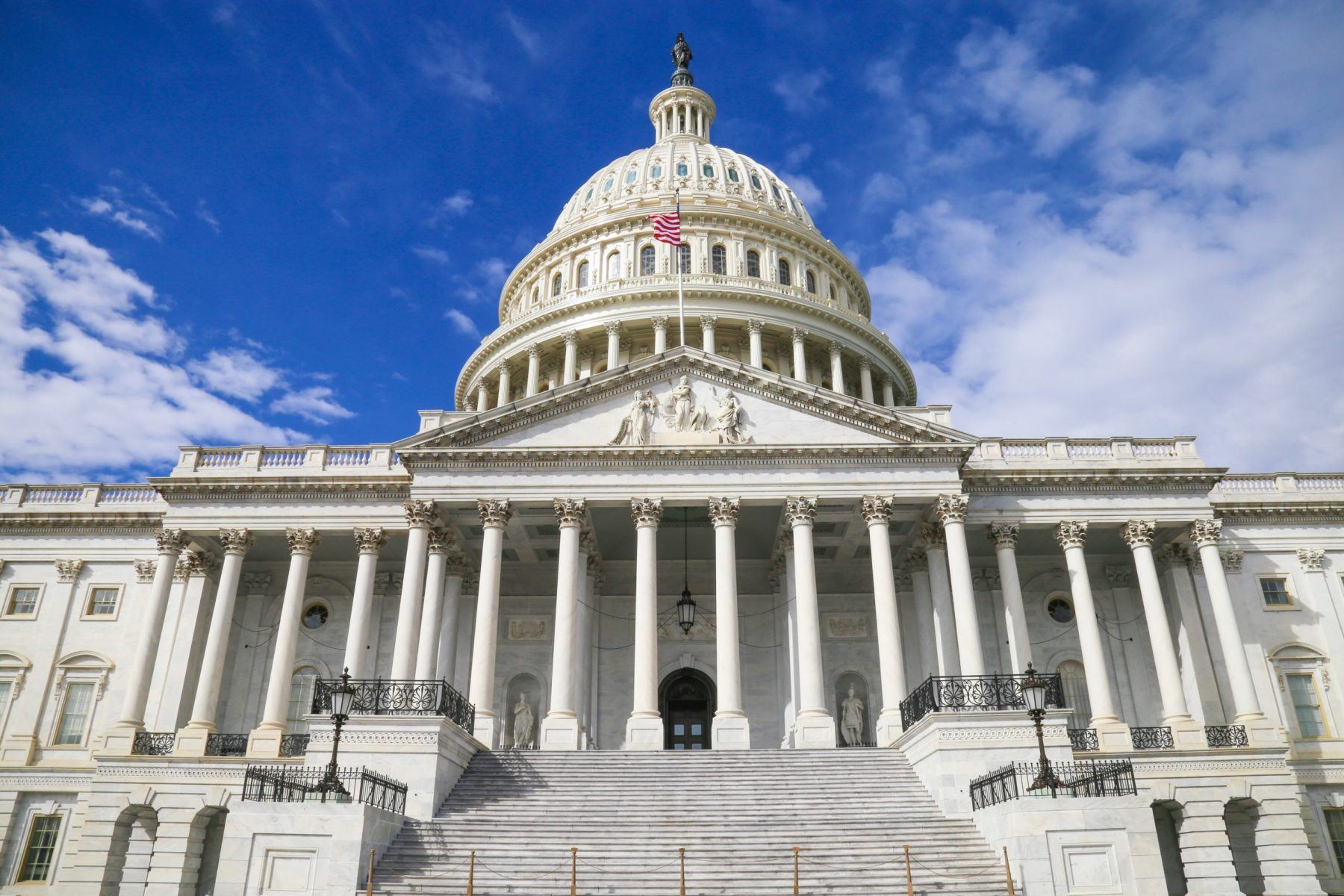
Eliminating Barriers to Targeted Persistent Poverty Investments
One of Fahe’s primary goals is to advocate for more investment into our Region – be it in the form of federal funding, private investment, or philanthropic dollars. Fahe Members have shown time and again, over forty years, that they have the know-how and the local expertise to leverage investments to improve the lives of families and of whole communities. To achieve the goal of increased investment, we are all confronting barriers like inertia, apathy, and misconceptions. Sometimes, however, the barrier is as simple as a lack of data.
Federal funding trickles into our Region through many different streams, including: housing programs, community development funding, economic development funding, and rural area specific, Appalachian area specific, and persistent poverty area specific dollars, among many others. Despite the inadequacy of the amount, federal funding remains the largest stream of investment flowing into our Region.
For the past several years, Fahe has been working with our friends who represent similar organizations in persistent poverty areas across the country. This group, called the Partners for Rural Transformation, has representatives from places like the Mississippi Delta, the Colonias, and Indian Country. Together we have been acting to increase the share of federal spending that flows to persistent poverty areas.
We have seen some success over those years, increasing targeting of some U.S. Department of Agriculture (USDA) programs towards these areas, and we are happy to report that we continued that success this year. But we recognize that those programs represent only a small slice of the pie when it comes to available federal funding.
While we work to increase the overall size of that pie to a level commensurate with the need in our Region, we also continue to work to increase targeting of existing programs to persistent poverty areas. One huge barrier to achieving this is an issue of data: federal agencies, by and large, don’t track how much of their funding currently goes to persistent poverty areas – and therefore, Congress is hesitant to act to increase the share.
To solve that problem, this year the Partners for Rural Transformation convinced Congress to require USDA and the U.S. Department of Housing and Urban Development (HUD) to report exactly how much of their funding they are sending to persistent poverty areas. This directive was contained in the report language accompanying the Fiscal Year 2020 appropriations package.
We know, as advocates for our communities and Region, that we are not receiving enough funding from these Agencies to confront the challenges in our homes. The congressionally mandated data will allow us to prove that, and make the case to improve the targeting of federal programs. Ultimately, this will hopefully lead to more investment for our Region, and for the regions of our friends.
This represents an important hurdle cleared in our attempts to increase federal investment in the American people. Fahe Members know exactly what they would do with increased investments in these hardest-hit places: we can change the economic trajectories of entire families by deploying these resources. With an investment at the scale of the need, Fahe Members could revitalize waning communities and invigorate stagnating economies. Fahe is working every day to make those investments at scale a reality.
